Contact us
High contrast
This page has been translated automatically.
We have shown you how oral cytostatic drugs are administered. We have summarised the most important points for you here. If you have any questions, please contact us directly at any time or give us a call.
Cytostatics are drugs that damage or destroy tumour cells or leukaemia cells. However, they can also damage healthy cells, which is why it is important to handle them safely. Some cytostatic drugs are administered in hospital as an infusion, others can be swallowed. Oral cytostatic drugs are usually produced in the form of tablets. Some are also available as a liquid.
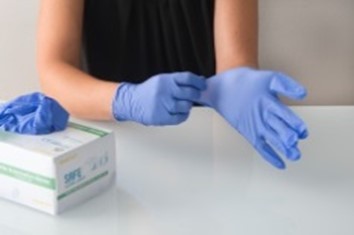
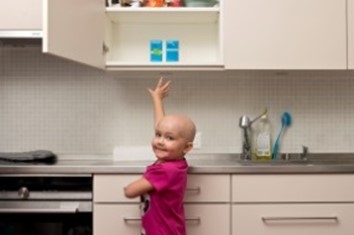
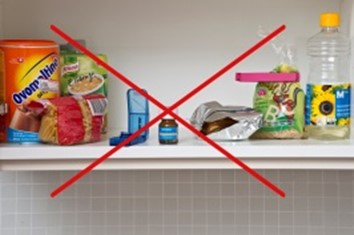
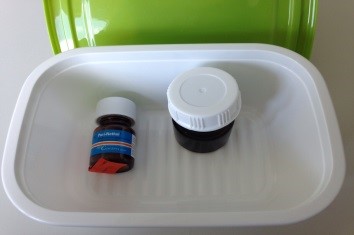


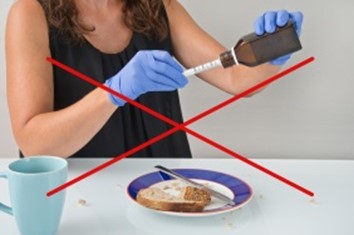
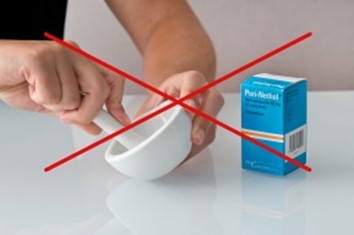
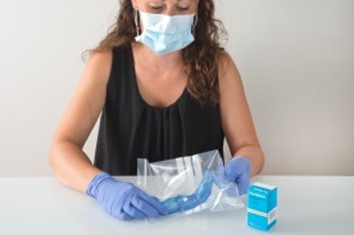
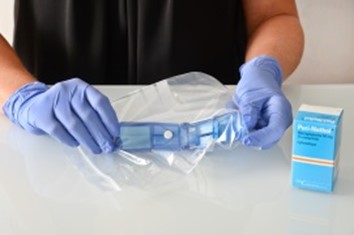
DO NOT EAT! Fast for 1 hour before and after ingestion. Only water allowed.
Rinse with half a glass of water.

Taking medication
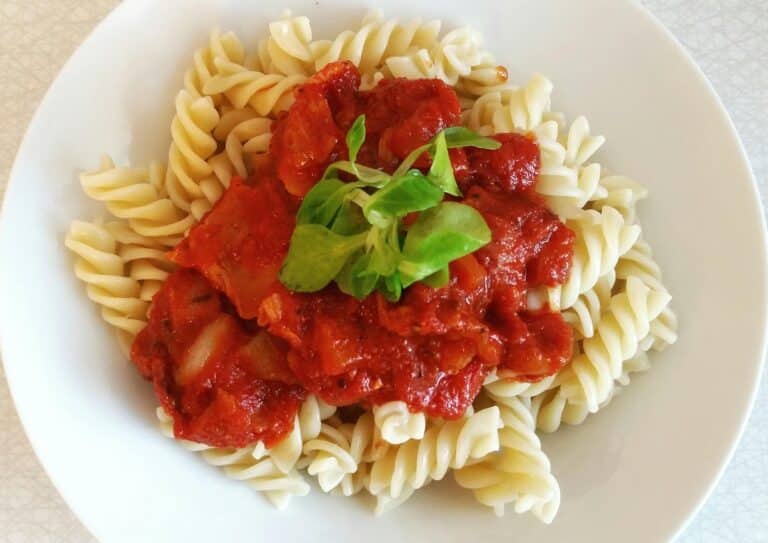
Dinner

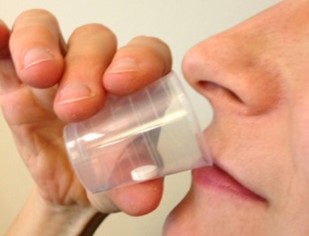
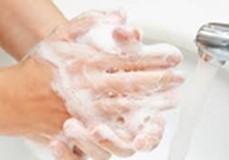

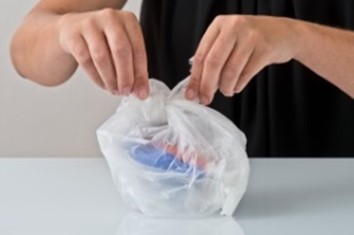



Wash hands immediately with cold water and soap. In case of eye contact, rinse with plenty of water and contact an ophthalmologist.
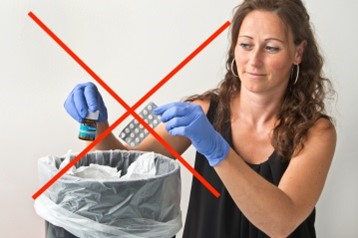
Wipe up with gloves and damp kitchen paper and dispose of in a sealed plastic bag via household waste. Afterwards, please contact the Haematological Oncology Outpatient Clinic or Ward C.
Haematological-oncological outpatient clinic: T +41 61 704 12 40 (8am-12pm and 2pm-5pm)
Station C: T +41 61 704 17 62 (at any time)
Please contact the haematology-oncology outpatient clinic or ward C.
058 387 78 82 (Costs are settled via the health insurance company)
In the event of an emergency abroad, call the emergency number of your health insurance company. You will find the contact details on your health insurance card.
145 (Poison and Information Centre)
University Children's Hospital of both
Basel, Spitalstrasse 33
4056 Basel | CH
Phone +41 61 704 12 12
© UKBB, 2025
The Medgate Kids Line provides quick and uncomplicated medical advice if your child is unwell. The medical team of our partner Medgate is available to you by telephone around the clock.
For emergencies abroad: Call the emergency number of your health insurance company. You will find this number on your health insurance card.
More information: On the Page of the emergency ward you will find everything you need to know about behaviour in emergencies, typical childhood illnesses and waiting times.
144 Outpatient clinic
145 Tox Info Suisse (Poisonings)
117 Police
118 Fire brigade
Which topic would you like to contact us about?
For praise or criticism, please use the Feedback form.